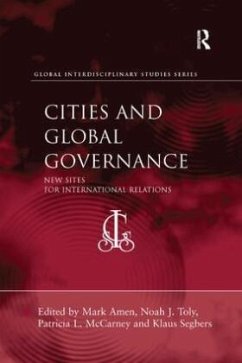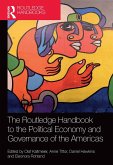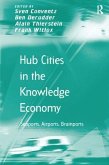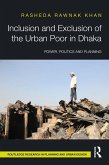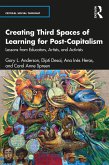Case study rich, this volume advances our understanding of the significance of 'the city' in global governance. The editors call for innovation in international relations theory with case studies that add breadth to theorizing the role sub-national political actors play in global affairs. Each of the eight case studies demonstrates different intersections between the local and the global and how these intersections alter the conditions resulting from globalization processes. The case studies do so by focusing on one of three sub-themes: the diverse ways in which cities and sub-national regions impact nation-state foreign policy; the various dimensions of urban imbrications in global environmental politics; or the multiple methods and standards used to measure the global roles of cities.
'Anyone interested in the multiple ways globalizing cities are transforming the social fabric of the 21st century had better consult this outstanding collection of essays. Illuminating issues of state sovereignty and political authority, the contributors show how cities represent vital sites at the intersection of global governance and government that impact the everyday lives of billions of people.' Manfred B. Steger, Royal Melbourne Institute of Technology, Australia 'Are cities rising and national states falling in a globalized world? The essays in this book address this timely question through a complementary set of case studies that demonstrate the varied mechanisms and ways by which cities and regions, or the sub-national, are critical to global governance of diplomacy, environmental politics, and other domains. The book challenges both urbanists and international relations scholars to meet each other across their disciplinary divide to cooperatively advance their increasingly intersected fields of inquiry.' Xiangming Chen, Trinity College, USA

